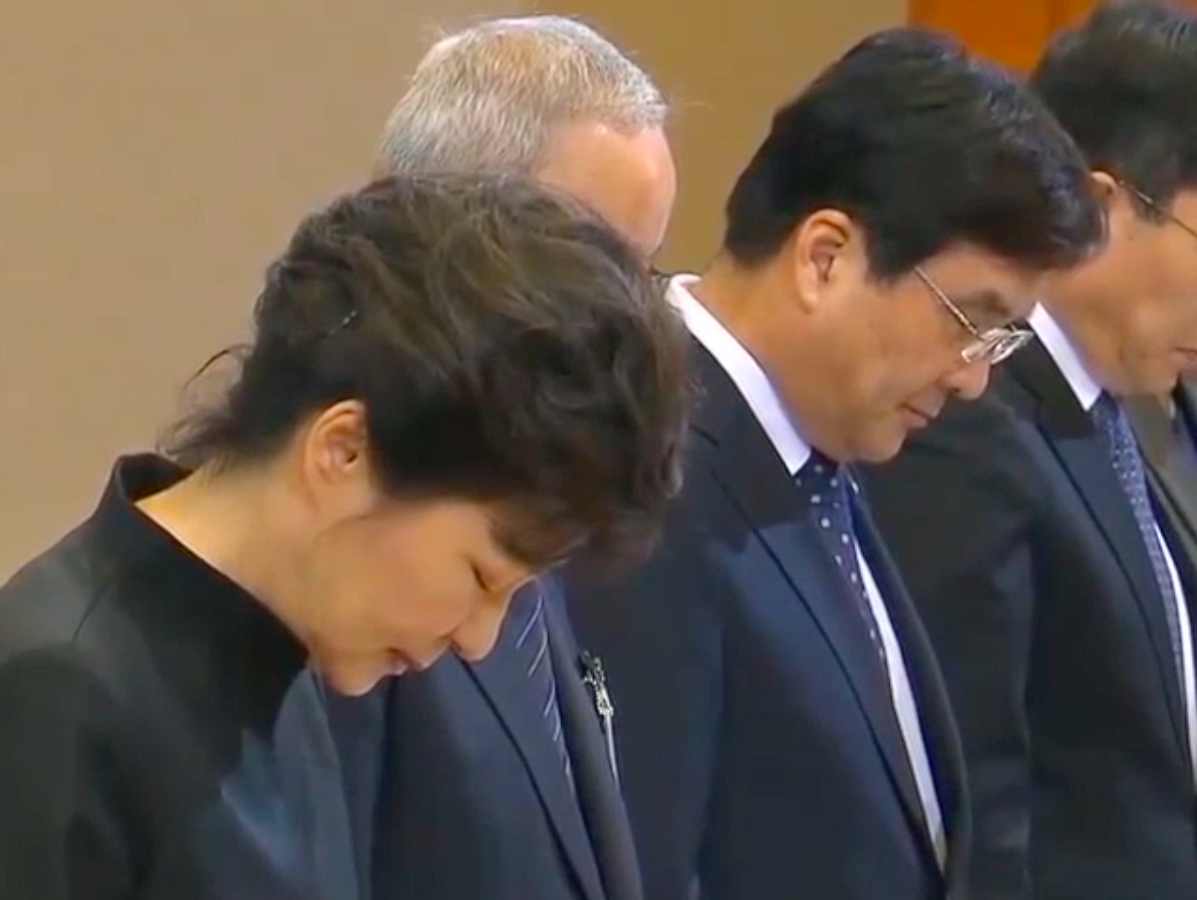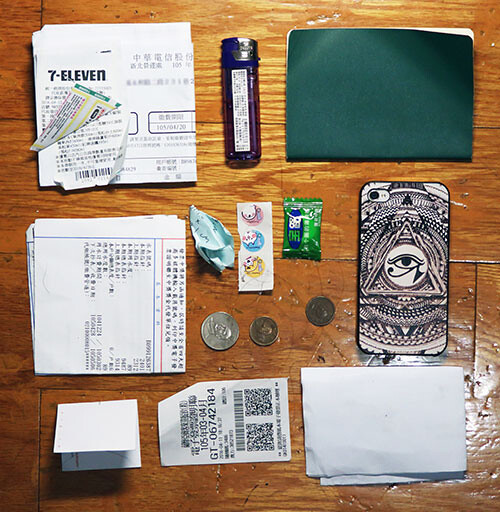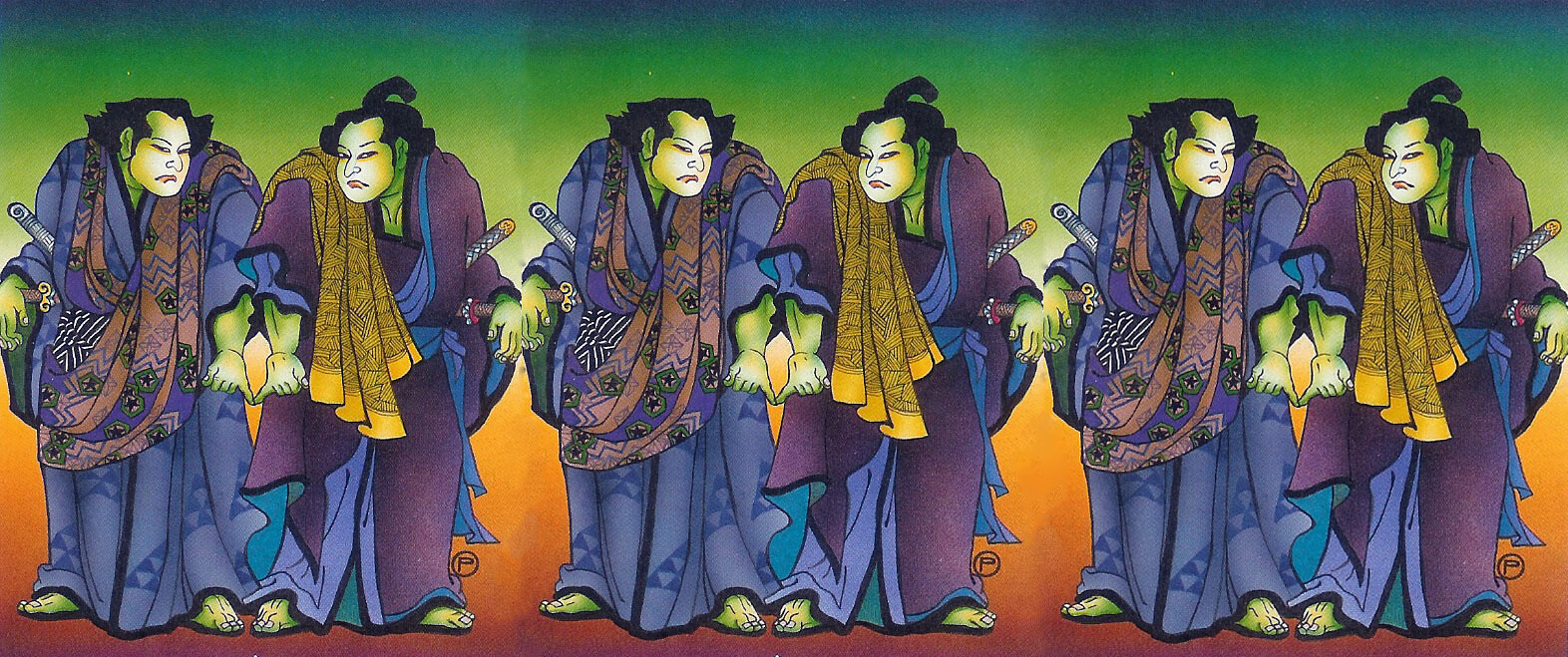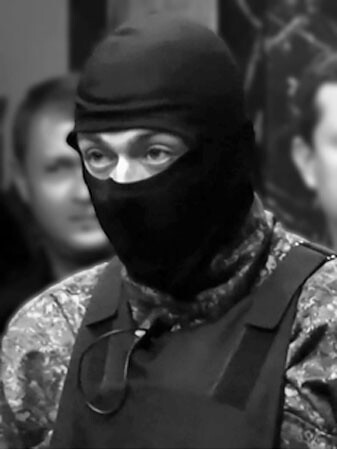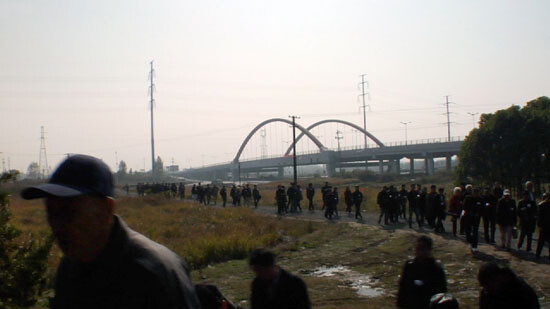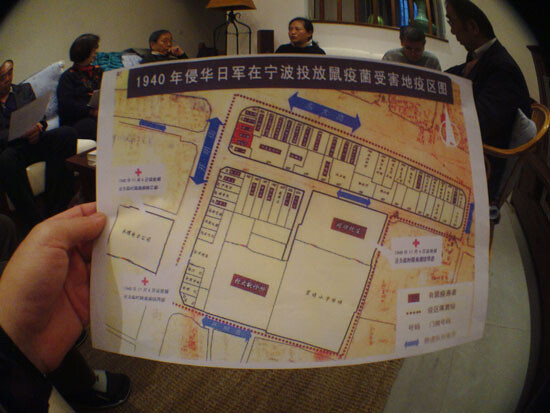For fake news to exist, there must be a “real news.” A lot of news, or what counts as news in Taiwan, for instance, is a weak kind of fake news, because Taiwanese news stories are frequently too trivial even to be considered news (e.g., a new restaurant forgot to include free napkins). In these trivial cases, truth or falsity does not even matter. But the “fake” in fake news has a metaphysical component. What type of metaphysics is a criterion for distinguishing fake from real news? For most people, only another story or collection of stories can prove that a particular story is factually wrong (unless one actually witnessed the news-making event). There is no way for a regular reader to go above and beyond any particular news story to adjudicate its truth value from God’s point of view, so she can only arbitrate between competing stories filtered through her own prejudices and biases. Furthermore, something is usually off about any news story—a detail, a nuance, the choice of words, implicit and explicit prejudices.
